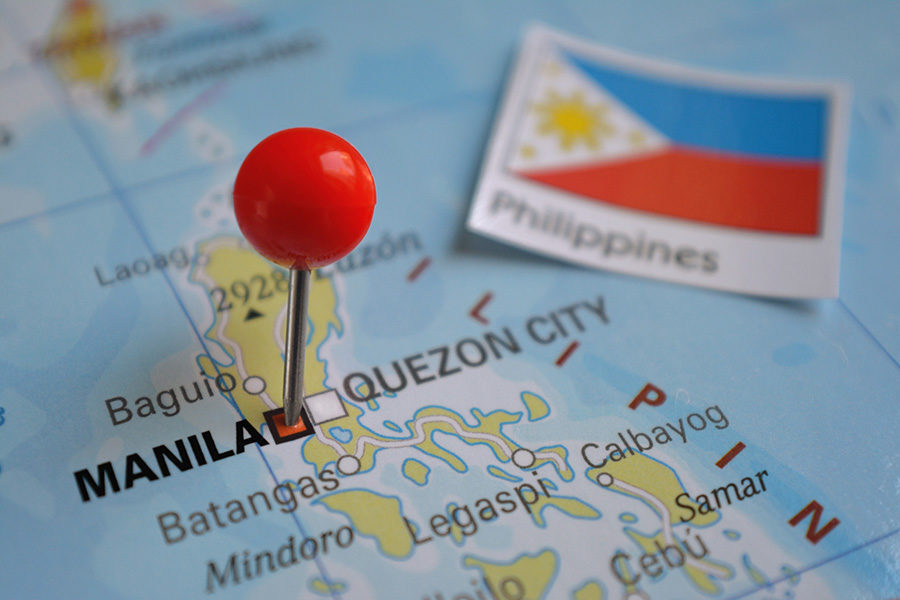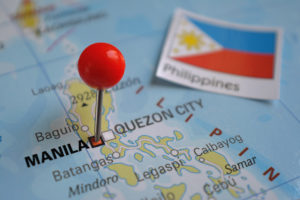The Philippines hopes to exit from FATF “grey list” in 2024

The Philippines works towards being removed from the Financial Action Task Force’s (FATF’s) anti-money laundering (AML) grey list.
The Philippines.- The Philippines has been granted another year in order to meet requirements by the Financial Action Task Force’s (FATF’s) anti-money laundering (AML) in order to remove itself from their grey list.
The Philippines was placed again on the grey list on June 25, 2021. Before 2021, the last time the country was on the FATF watchlist was in 2013.
According to Bangko Sentral ng Pilipinas Governor Felipe Medalla, the country is taking a “whole government approach” to tackle its inclusion on the grey list. Medalla said they still have a year to improve and to be delisted from the watchlist.
When asked if the BSP and the government can get things done and finally removed from the FATF grey list by January 2024, Medalla said: “We can’t guarantee. But, we will try our best.”
In an official outlet regarding the FATF’s grey list, the Philippine News Agency reported that although the country had missed a FATF deadline this January, it had received “excellent” ratings on its relevant legislation, “except on the bank secrecy law”.
That was a reference to Republic Act 1405, which came into force in 1955, and makes confidential all deposits of whatever nature with banks or banking institutions in the Philippines, including bonds issued by the government.
Medalla said that the one-year extension by the FATF was to review the implementation of the country’s anti-money laundering and combating the financing of terrorism legal framework.
The official said he had already had meetings with the Department of Justice Secretary, Crispin Remulla, regarding such implementation.
In October, the Philippines’ Anti-Money Laundering Council had said it was working to get the country off the FATF’s grey list.
The nation is facing a dual-pronged evaluation, both for gaming and its possible terrorism financing capacities, with the official noting that one point of contention is getting proof that sources of ‘funds that rebels use come from terrorist financing’, reports the nation’s news agency. Another issue regards the ongoing debacle of e-sabong (cock fighting).
See also: Philippines: 156 illegal offshore gaming workers deported in 2022







